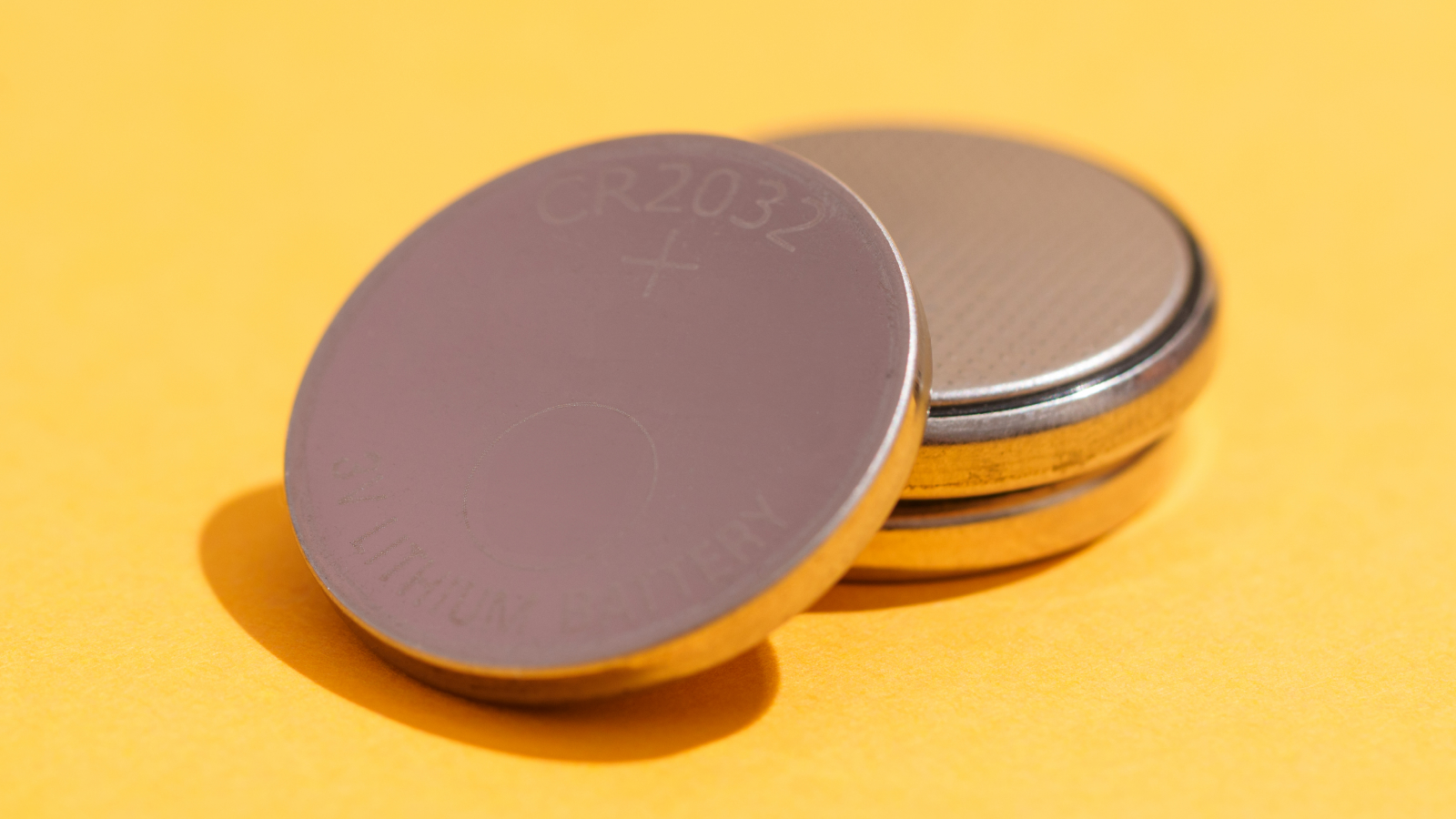IJMS, Vol. 24, Pages 15675: Vanadium Compounds with Antidiabetic Potential
International Journal of Molecular Sciences doi: 10.3390/ijms242115675
Authors: Luísa M. P. F. Amaral Tânia Moniz André M. N. Silva Maria Rangel
Over the last four decades, vanadium compounds have been extensively studied as potential antidiabetic drugs. With the present review, we aim at presenting a general overview of the most promising compounds and the main results obtained with in vivo studies, reported from 1899–2023. The chemistry of vanadium is explored, discussing the importance of the structure and biochemistry of vanadate and the impact of its similarity with phosphate on the antidiabetic effect. The spectroscopic characterization of vanadium compounds is discussed, particularly magnetic resonance methodologies, emphasizing its relevance for understanding species activity, speciation, and interaction with biological membranes. Finally, the most relevant studies regarding the use of vanadium compounds to treat diabetes are summarized, considering both animal models and human clinical trials. An overview of the main hypotheses explaining the biological activity of these compounds is presented, particularly the most accepted pathway involving vanadium interaction with phosphatase and kinase enzymes involved in the insulin signaling cascade. From our point of view, the major discoveries regarding the pharmacological action of this family of compounds are not yet fully understood. Thus, we still believe that vanadium presents the potential to help in metabolic control and the clinical management of diabetes, either as an insulin-like drug or as an insulin adjuvant. We look forward to the next forty years of research in this field, aiming to discover a vanadium compound with the desired therapeutic properties.

 6 months ago
26
6 months ago
26


